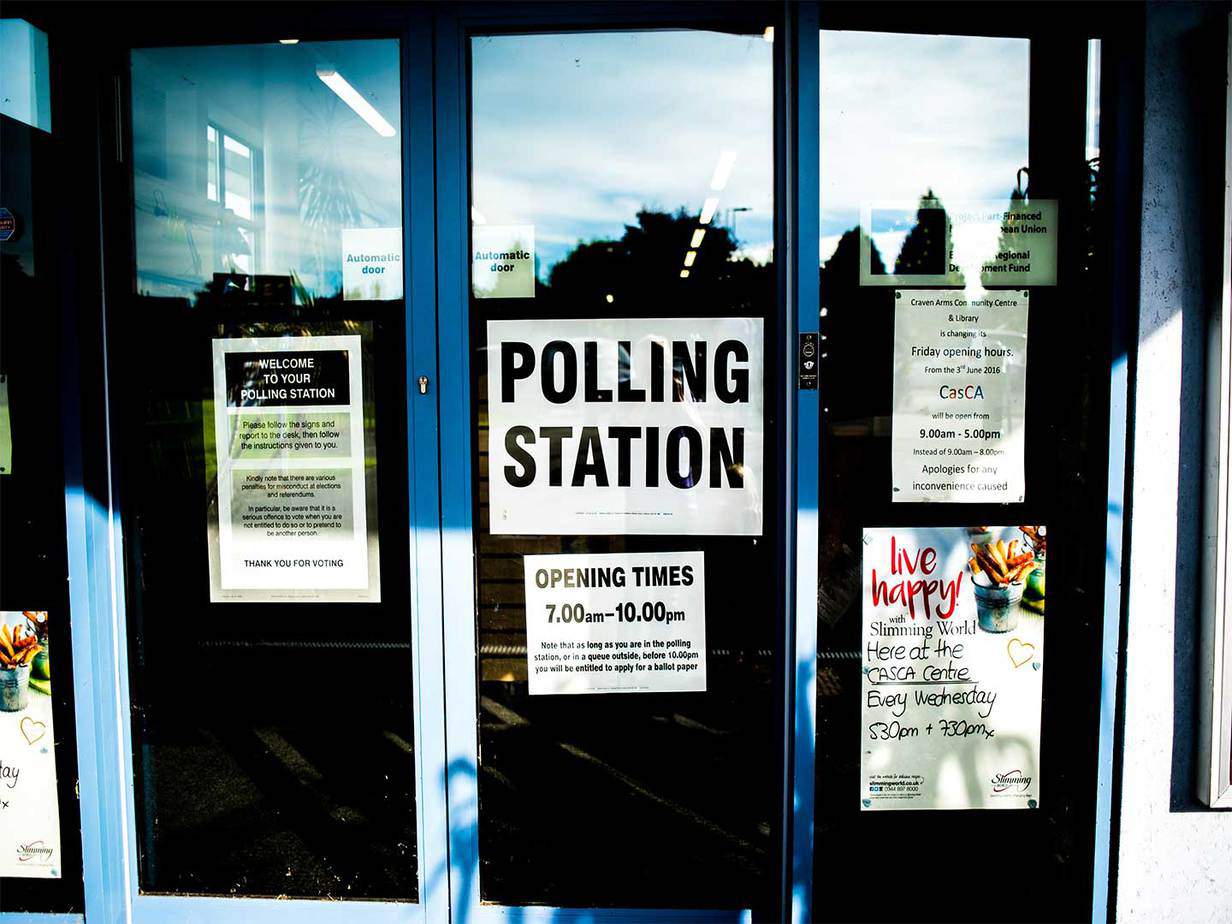
A new survey from PRRI/ The Atlantic, "American Democracy in Crisis: The Challenges of Voter Knowledge, Participation, and Polarization," finds an alarming number of Americans do not know what factors allow people to vote. The survey also finds large divides by political party and race regarding the issues facing the U.S. electoral system. Despite this, there is bipartisan support for a range of policies that increase access to voting.
Americans 'Don't Know' What Disqualifies Voters
The poll found that anywhere from 26% to 60% of Americans do not know whether certain election laws exist in their state.
"Americans' lack of understanding of their state's voting laws is alarming for a mature democracy such as ours and indicates a broad need for civic education," said PRRI CEO Robert P. Jones. "As political campaigns become more sophisticated and competitive, there is a real danger that voters, particularly voters of color who report more difficulties voting, can be manipulated or discouraged from casting an eligible vote."
This may be why a whopping 15.9% of U.S. adults are politically disinterested, according to AudienceSCAN. Forty-three percent of Politically Disinterested adults are ages 17 to 34 and 35.1% of them have annual household incomes of under $25,000.
More than one in four Americans (26%) say that they do not know whether being a U.S. citizen is a requirement to be eligible to vote. The percentages of those saying they were uncertain about whether certain conditions would disqualify them from voting in their state varies but is remarkably high across the board:
- Not having a permanent address (60%)
- Being late to pay taxes (52%)
- Having outstanding tickets or unpaid bills (47%)
- Being convicted of a felony (43%)
- Not being able to speak English fluently (36%)
Other notable findings from the poll included:
- White Evangelical Protestants See Media Bias as Major Problem in Elections
- Partisan, Racial, and Ethnic Divides on Problems Facing the Voting System
- Bipartisan Support for Many Electoral Reforms
- Black and Hispanic Americans are about two to three times more likely than whites to report experiencing difficulty voting the last time they attempted to vote.
- The Popular Vote is Quite Popular
- Demographic Influences on the 2018 Midterm Elections Continue Evolving
Nearly 29% of the Politically Disinterested individuals believe that the most accurate, believable and trustworthy media source is TV, according to AudienceSCAN. Not only that, 49.5% of this audience took action after seeing a TV commercial last year. Within that same time period, 44.9% were swayed to action by the ads and/or coupons they received via direct mail, and 42.3% reacted to ads they saw on a social network.
AudienceSCAN data is available for your applications and dashboards through the SalesFuel API. Media companies and agencies can access AudienceSCAN data through the AudienceSCAN Reports in AdMall.
